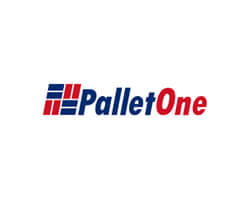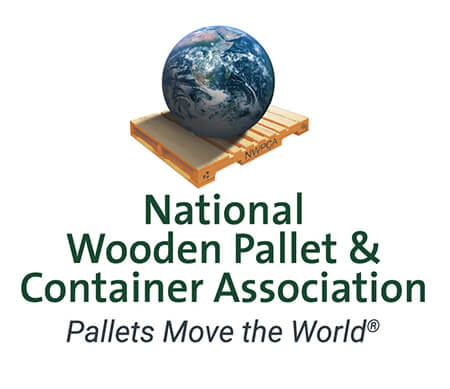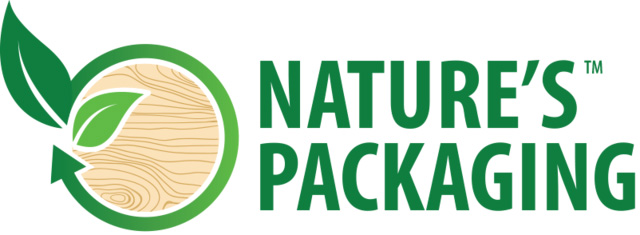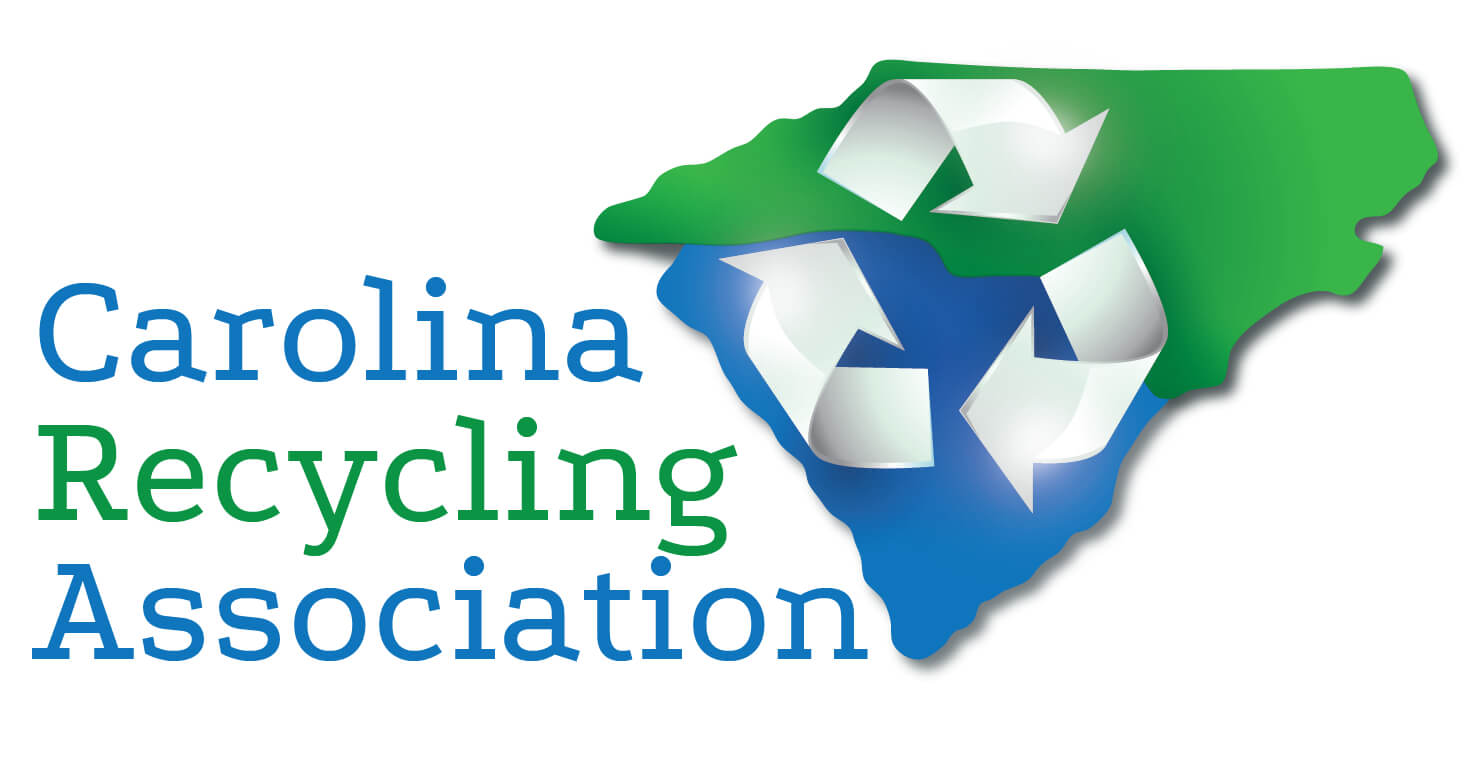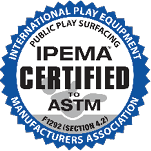The European Union has finalized the Packaging and Packaging Waste Regulation, legislation designed to reduce packaging waste through recycling and reuse, and while the combined efforts of the National Wooden Pallet & Container Association (NWPCA), the Global Wood Packaging Forum, the Canadian Wooden Pallet & Container Association, and multiple other industry and government representatives have carved out protections for imported wood pallets; questions remain for customers exporting to Europe.
The most recent NWPCA update outlines the efforts that helped secure an exemption in the PPWR’s language and how it might impact pallet manufacturers.
update outlines the efforts that helped secure an exemption in the PPWR’s language and how it might impact pallet manufacturers.
What Does The PPWR Mean For Pallets?
The PPWR’s reuse rules will likely require that pallet manufacturers institute methods to track each cycle of a pallet to meet minimum reuse standards. The price of compliance would be steep for manufacturers outside of the EU.
The European Pallet Association has introduced a QR code system that gives each EPAL pallet a number, allowing it to track and catalog reuse data in a central pallet database.
Compliance within the U.S. pallet manufacturing sector is complicated by the fact that only a few producers make official EPAL pallets. The production of these pallets demands mechanization and adherence to precise tolerances, underscoring the complexity and rigorous standards involved. While it remains feasible for U.S. pallet manufacturers to meet these compliance requirements, doing so necessitates a substantial increase in effort and resources beyond what is required for producing pallets intended solely for the domestic market.
Packaging Provision Protects Producers
Thanks to the NWPCA’s advocacy, a provision in the finalized copy restricts the reuse standards to “within the territory of the Union,” which will exempt wood pallets when they’re entering from abroad.
The exemption is a massive win for stateside producers. It protects them from the costly new reuse requirements without disrupting supply chains, and thanks to wood pallets’ inherently green values, it maintains sustainability.
Customers Could Face Costly Choice
However, the provision may not protect customers from significant new costs, as loads that enter on exempted pallets that don’t meet EU standards would need to be disassembled and repalletized onto a certified reusable platform before continuing in the EU.
Customers exporting to the EU are thus presented with a new consideration: Is it more costly to ship on more expensive Euro-rated pallets to avoid the extra handling required once a product reaches European shores?
The answer may vary depending on the company and their circumstances. PalletOne recommends a packaging consultation to audit your ongoing procedures and map your best path forward.
Where Do We Go From Here?
The current language of the PPWR must be adopted by all three branches of the European Union’s government: Commission, Parliament, and Council, at which point it will become law.
The NWPCA expects this process to “occur without incident” but recognizes the chance for volatility of any political process in an election year.
After the law is adopted, the implementation phase will begin, and having the right packaging partner will become more critical than ever for businesses that export to the EU.
Contact PalletOne today to learn how our Pallet Concierge program and Unit Load Consulting experts can help your company navigate the new normal in European packaging.


